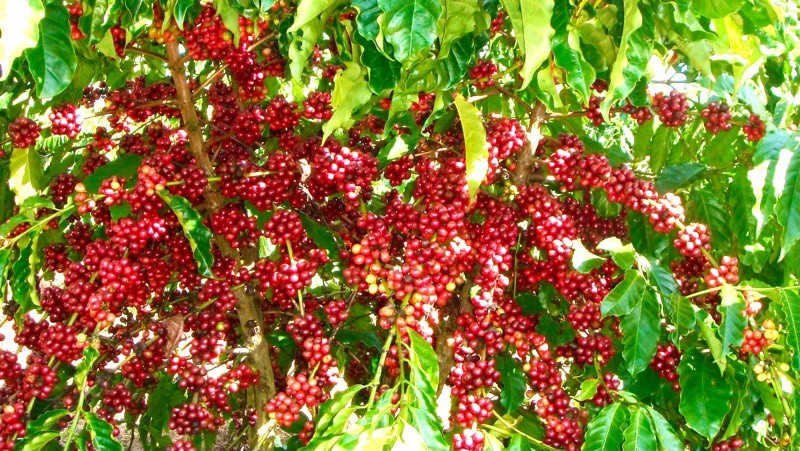 |
Coffee is one of Vietnam's main agricultural exports. (Photo: IDH)
The conference “Producing and supplying coffee without causing deforestation according to European Union regulations” chaired by the Ministry of Agriculture and Rural Development at the end of June discussed the European Anti-Deforestation Regulation and proposed a national action plan for our country's coffee industry .
Facing many barriers
Speaking at the conference, Minister of Agriculture and Rural Development Le Minh Hoan said: “The European anti-deforestation regulation, expected to take effect from December 2024, will directly impact actors in the supply chains of wood and wood products, rubber and coffee. The supply chains of the industry will face many challenges, especially in issues of location data, traceability, monitoring systems, and anti-deforestation feedback.”
According to statistics from the General Department of Customs, in 2022, Vietnam exported about 1.78 million tons of coffee with a total turnover of over 4.06 billion USD - the highest level in the past decade.
The European Union (EU) is our country's largest coffee export market, with about 39% market share. Specifically, 689,049 tons of coffee worth nearly 1.5 billion USD were exported to the EU. This figure increased by 25.8% in volume and 45.4% in value compared to 2021.
However, together with tightening pesticide residue limits for nuts, including coffee, to 0.1 mg/kg, the European Anti-Deforestation Regulation will cause significant difficulties for farmers and businesses in particular and the agricultural sector in general, especially in complying with sustainability standards and maintaining market access.
This requires adapting new production methods to meet export standards.
The EU sees its role as important in this regard, said Florika Fink-Hooijer, Director General of the European Commission’s Environment Department. During implementation, due diligence obligations and traceability requirements will be applied strictly and without discrimination to all relevant products.
In recent years, the EU's pioneering policies such as Green Deal, From Farm to Fork, Circular Economy ... have created a lot of inspiration, providing important references in building sustainable agricultural and rural development strategies and sub-sector strategies for our country.
“The EU is committed to supporting Vietnam in its sustainable development. By combining the strengths of both sides, the EU and Vietnam aim to effectively address environmental challenges, contribute to the prosperity of the people, and preserve Vietnam’s unique natural heritage,” Ms. Florika Fink-Hooijer emphasized.
It can be seen that the coordination between the government and the private sector, domestic and foreign organizations is extremely necessary to fully grasp the information, be ready to prepare to meet the new regulations of the EU. At the same time, maintain a sustainable flow of agricultural trade and ensure the livelihoods of farmers.
Need appropriate countermeasures
A report by the Food and Agriculture Organization of the United Nations (FAO) shows that 90% of deforestation is due to the expansion of agricultural areas and is related to some major agricultural product chains. The large consumption of forest-derived products is the main cause of forest degradation each year.
Considering the responsibility of nations towards the environment and the responsibility of individuals and businesses towards the ecosystem, changing the way of production and supply towards sustainable development is inevitable.
Ms. Tran Quynh Chi, Director of the Asian Landscape Region, Sustainable Trade Initiative (IDH) also affirmed: “The introduction of this regulation will be an important boost, creating a fundamental shift for the entire industry towards sustainability, meeting the diverse requirements of the market and buyers. That is no deforestation, low emissions and maintaining household livelihoods”.
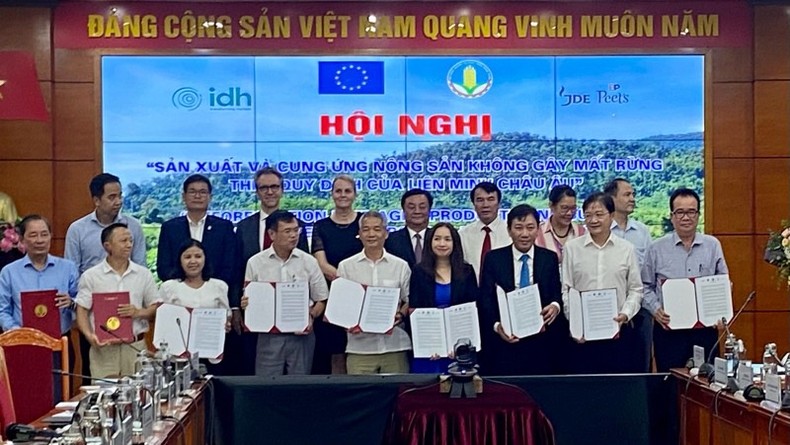 |
The Ministry of Agriculture and Rural Development, together with representatives of the Central Highlands provinces and agricultural organizations, signed a memorandum of understanding on cooperation and support in building a coffee production chain that does not cause deforestation.
IDH has proposed four key solutions for a deforestation-free coffee production and supply chain in line with EU regulations: Using a national benchmarking approach to assess each deforestation-related ratio; Building national data including forest and plantation data that are field-identified and periodically checked; Traceability by region/group; Approaching the landscape to create real impact.
Among the above methods, the activity of building a database system for traceability is considered a fundamental solution that can change the structure of the entire industry. This method helps to specifically identify the difficulties and limitations of production to increase support in the long term future. At the same time, the solutions are also developed based on science, with specific data evidence and implemented through a transparent mechanism.
In addition, the implementation process requires coordination from all levels of government, purchasing companies to each household to create an effective production and supply chain. The requirements of direct buyers will create the motivation to force farmers to change in production.
Responding to the proposed solutions at the conference, Director General of the European Commission’s Environment Department Florika Fink-Hooijer commented: “The above proposals are on track with the actual situation in Vietnam and EU standards. Businesses need to verify, provide accurate information to partners and focus on propaganda for farmers to achieve the best results.”
nhandan.vn








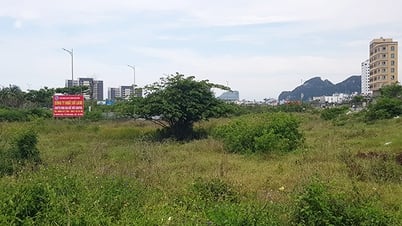

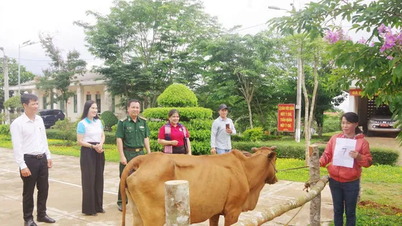



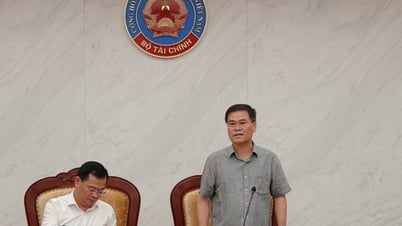

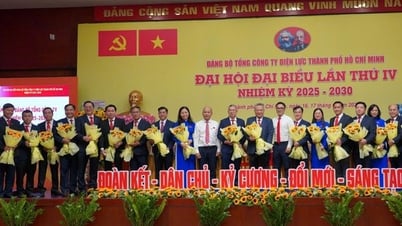




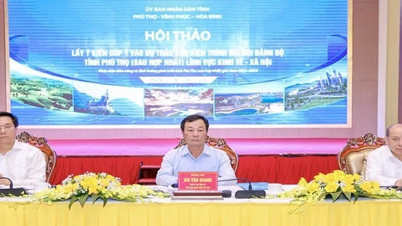
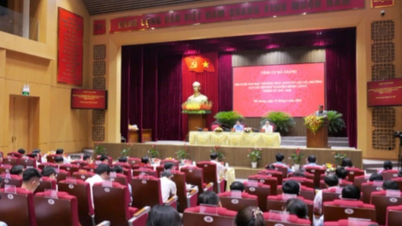
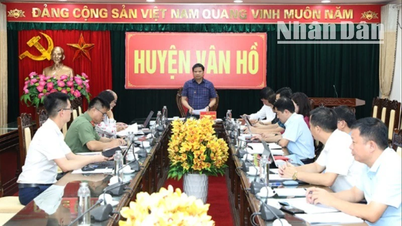

![[Video] Exhibition celebrating 100 years of Vietnamese Revolutionary Journalism](https://vphoto.vietnam.vn/thumb/402x226/vietnam/resource/IMAGE/2025/6/18/1ba7ffdc6eef4b1682a3768741aca732)
![[Video] Launch of the book "Uncle Ho's articles on culture and journalism in Nhan Dan Newspaper"](https://vphoto.vietnam.vn/thumb/402x226/vietnam/resource/IMAGE/2025/6/19/7609d5bdfe1c4fc2be66f38e46365ae6)
















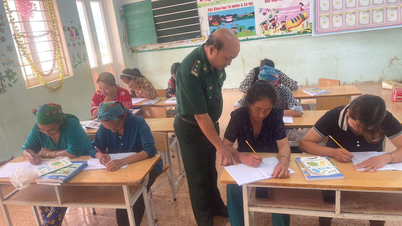



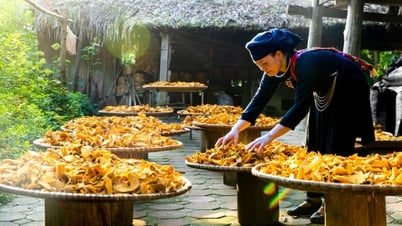


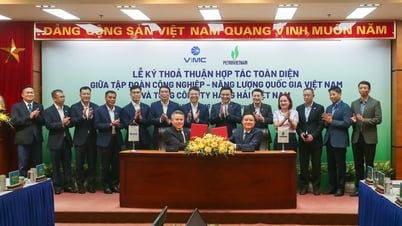
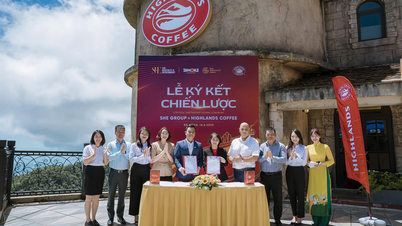


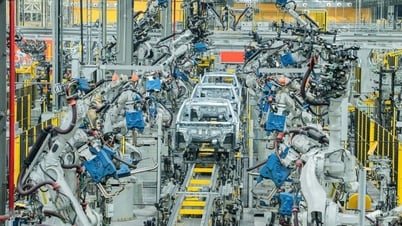



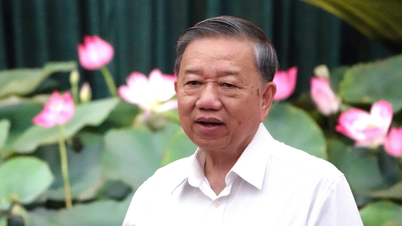











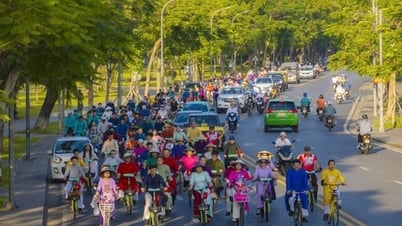
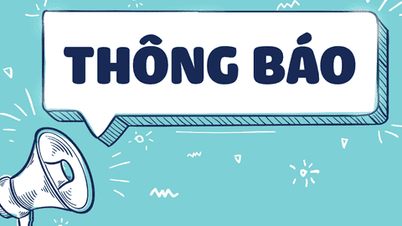

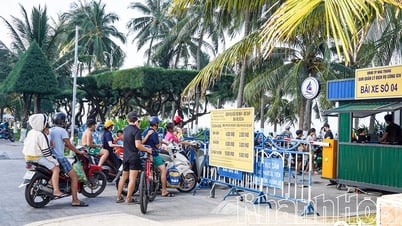





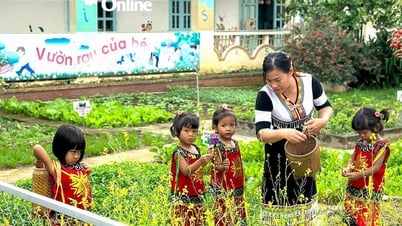

















Comment (0)